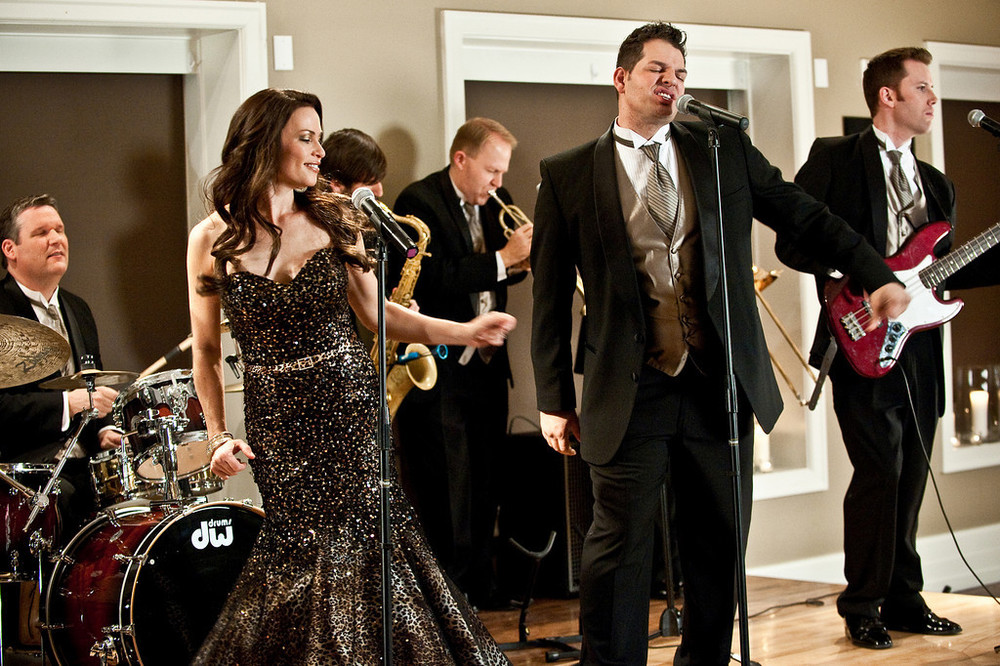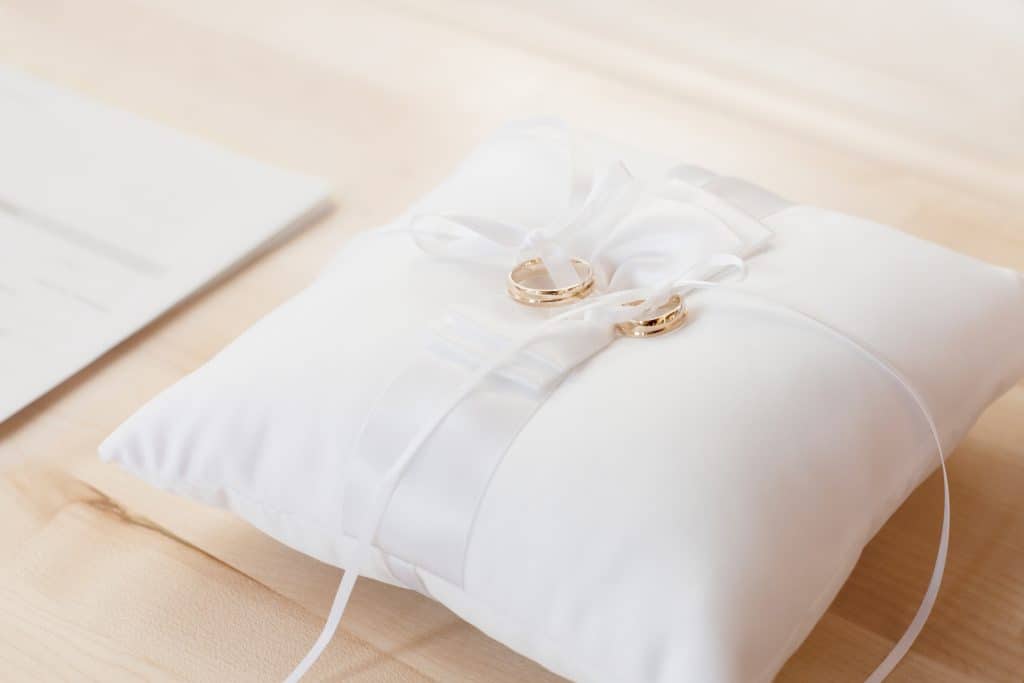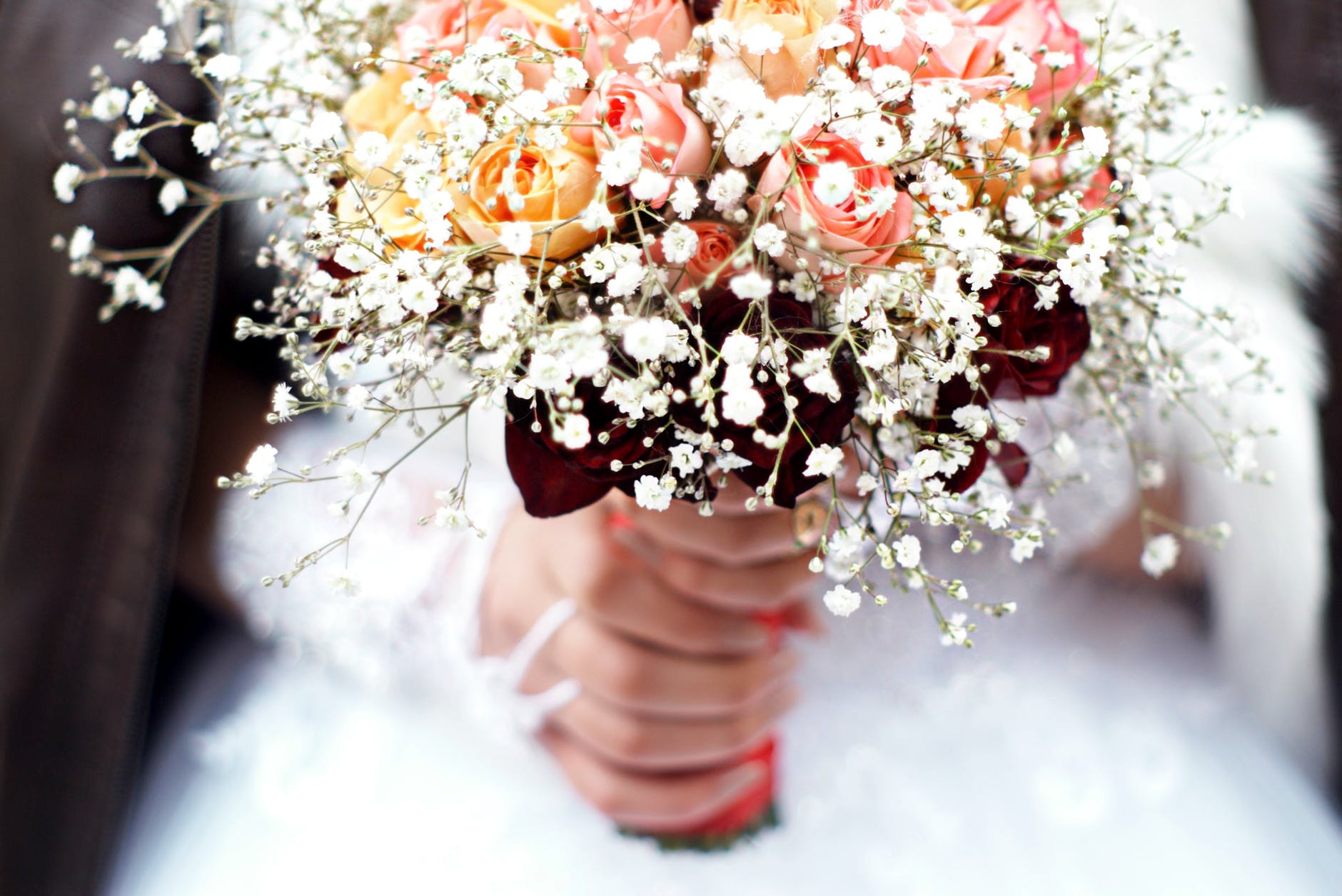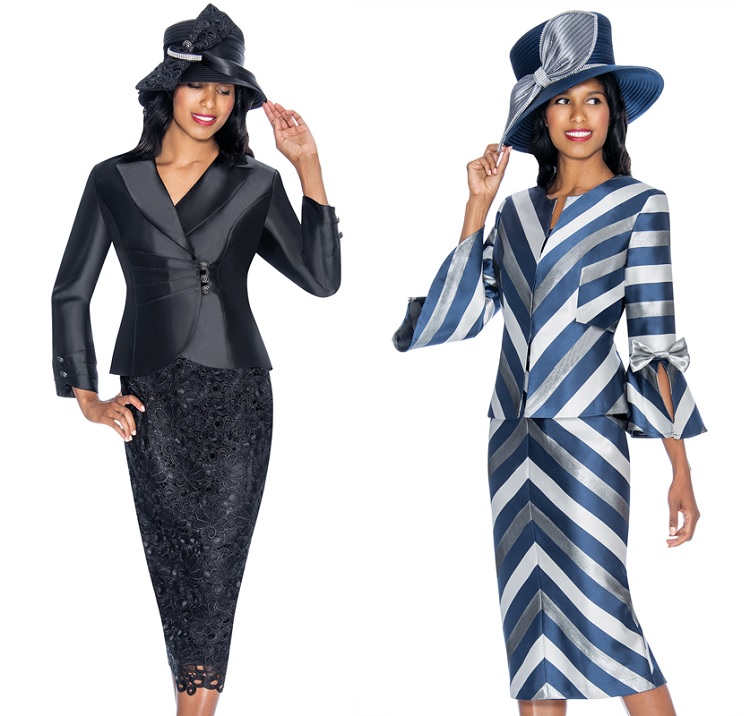Before you begin picking the wedding ceremony music, make a list of the kinds of songs you want to play. This list should include songs for the Processional, Recessional, Interlude, and Do Not Play List. If you have a vocalist, they should sing after the guest has been seated. Otherwise, their voice will sound nervous and cause some awkwardness. If you don’t want vocalists to sing, you can choose instrumental versions of songs.
Selecting Processional songs
First, decide how many songs you want for your processional. You can choose one for each partner, one for the wedding party, or a mix of both. Then, choose songs that will make both partners feel special. This way, everyone will be dancing and singing along. Once you’ve decided on the processional songs, make sure to consider whether or not you want your wedding ceremony to be more traditional or modern.
To choose a classic wedding song, try Michael Buble’s “Everything.” This fun, bouncy, and uplifting prelude song is the perfect choice for a wedding reception song. The bonus track version of “Everything” is also available. You can play the full popular song or just a portion of it to make sure it flows well. Regardless of what type of song you select, you’ll be glad you made the choice!
Another option is to hire a DJ. The DJ can help you edit the song so that it fits in with the rest of the ceremony. The DJ will also help you coordinate the music with the wedding planner. And the best way to make sure that the music is perfect for your ceremony is to have a rehearsal night. You’ll also need to practice timing during the rehearsal, so that you’re sure to get it right.
The prelude music plays while guests wait in the church for the wedding ceremony to start. The prelude music is typically at least 20 minutes before the ceremony, but it can be as short as five minutes. The processional, meanwhile, accompanies the extended wedding party. This is the best time to pick a song for the prelude, which can be either a traditional hymn or a modern tune.
Recessional songs
While tradition is a big part of the wedding entertainment, it’s also important to incorporate some personal touches to the ceremony, including your choice of recessional song. Listed below are some guidelines to help you choose a memorable song for the exit. Consider the following factors when choosing your song:
Depending on the setting of your ceremony, you may have a few options for the recessional. Whether the wedding planning is held in a church or at a venue outside of the church, there are several choices. If you’re getting married in a church, make sure to check with the priest or parish to see if there are any restrictions on which type of music will be played. Choosing a song that’s appropriate for your wedding entrance song is a big part of planning a wedding, so making sure to choose the right one is essential.
Once the recessional song is chosen, you can choose a postlude song for your wedding party. If you’re planning to have a postlude, select a song that shares the same celebratory spirit as your recessional song. Here Comes the Sun by The Beatles or Beautiful Day by U2 are some examples of great postlude songs. The choice of your postlude song depends on the wedding’s theme and style.

Your wedding ceremony will be perfect if your recessional song matches your personality. The recessional is the final part of the wedding, and your guests will walk down the aisle with you after you’ve been pronounced husband and wife. Often, couples choose their own ‘their song’, which will be played as they walk back down the aisle. The recessional song will also be played during the ceremony.
If you’re not sure which song to choose, there are many options available. Choose a song that has meaning for you. For example, if you’re celebrating a summer wedding, select a song that celebrates your love. Similarly, if your wedding has a serious message, select a song that represents your relationship. You can choose a song that symbolizes your relationship and ties you together with your loved ones.
Choosing the Perfect Music for Key Wedding Moments
When choosing a wedding musician concider Bandwidth Entertainment music band in New York City, keep in mind the mood of the day. A fun and lighthearted wedding can benefit from a happy, lighthearted song, while a deeply personal and sentimental wedding might be best served by a slow, more meaningful tune. Remember that your wedding music should be appropriate for each moment, including the recessional. If you don’t want your guests to lose interest during the service, make sure that the song you choose fits in well with the mood of the day.
The signing of the register is a vital part of the wedding ceremony. It’s also a moment that can get a little boring for guests, so consider adding a solo singer to the ceremony for this moment. You can also choose to have other musicians accompany the singer to add to the atmosphere. Lastly, you can choose music that will get the newlyweds up and dancing. Some classic choices are Pachelbel’s Canon in D, or Mendelssohn’s “Here Comes the Bride.”
While picking wedding music, make sure you include postlude music. The postlude is the music played as the newlyweds leave the ceremony space. Regardless of your choice, you’ll need to pick a selection that’s both joyful and atmospheric. Listed below are twelve popular choices for postlude and recessional music. You can find other suggestions for music for wedding ceremonies and receptions at the end of this article.
You can also choose a popular wedding song for your prelude, interlude, and postlude. For example, classical music is the perfect choice for a romantic, swan valley wedding, while jazz is appropriate for a more upbeat wedding theme. Remember that the prelude music should be at least 20 minutes in length. A good piece will set the mood of the entire ceremony and will help guests relax.
You’ll also want to include a song for the bride’s processional. This is one of the most important parts of the ceremony, so it’s crucial to choose something that will add drama and excitement. A traditional wedding processional song, such as the “Bridal Chorus,” might be appropriate, but you might also want something more modern such as “I Won’t Give Up.”
Making a do-not-play list
Creating a do-not-play list when selecting music for a wedding ceremony is one of the best ways to ensure that your wedding ceremony is exactly as you want it to be. It will help you eliminate any songs that you don’t like, or that bring back unpleasant memories. The first step in creating a do-not-play list is to think about the types of songs you don’t want to hear at your ceremony. You can look up some popular wedding songs or wedding playlists, and add those that you don’t want played.
A do-not-play list is just as important as a must-play list. It is crucial that the DJ play only songs that you like, and avoid any songs that you don’t think will make your guests groan. There are many songs on the market with lyrics that may be too dark or inappropriate. You don’t want your wedding guests to hear songs about death, break-ups, or other negative subjects. Take the time to check the lyrics of the songs and make sure they don’t have any of those songs. Instead, choose romantic and lively music to fit your ceremony.
Songs that are too creepy or depressing can ruin the mood of your ceremony. For example, if your reception is a rock concert, don’t play songs that celebrate death. The words may make your guests feel grouchy and sad, and they won’t be in the mood for dancing. You might want to think about what your family and friends would appreciate the most. If the song you’ve chosen was written in the 1990s, it will probably be a hit today.
You can make a do-not-play list for a wedding ceremony by considering the age range of your guests. People of all ages may attend the ceremony, so it’s best to avoid songs with depressing lyrics. Also, try not to play R&B songs. If you’re unsure of the lyrics, leave them off the list. Moreover, don’t play songs that feature violent lyrics or racy themes. You might want to save these songs for a later time.



